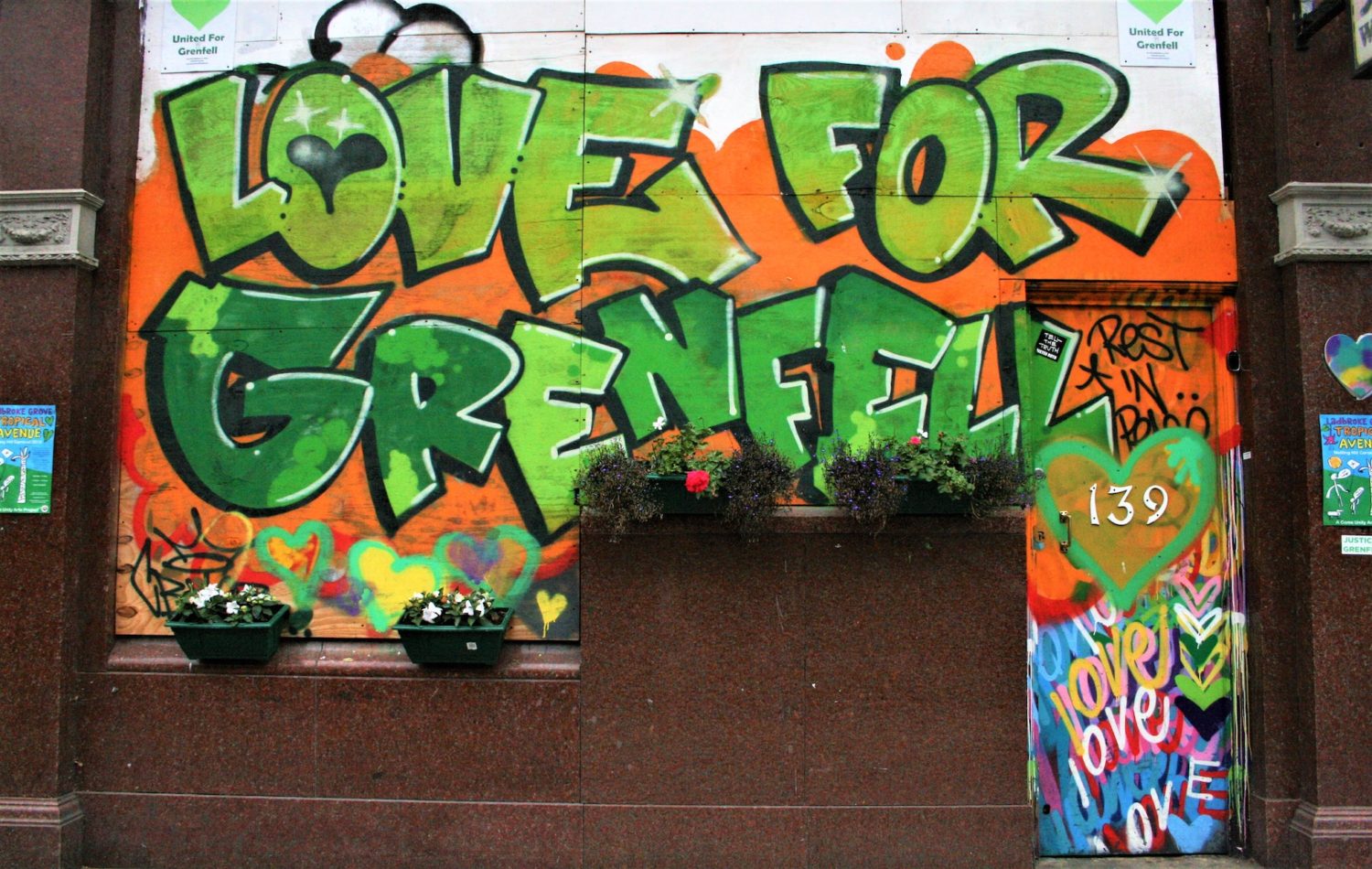A growing scandal
Millions of people are trapped in unsafe homes they cannot sell, writes Anne Clarke
It has been more than four years since the horrific tragedy at Grenfell – and still there are an estimated 11 million residents living in unsafe homes across the UK.
Whilst the government fails to take urgent and comprehensive action on this, the scale of the building safety crisis just continues to grow.
In my role as a local councillor and London Assembly member, I have met with residents of around 20 blocks impacted by this growing scandal. For many, the first time they become aware of a problem is when a neighbour tries to sell a flat. Then a mortgage cannot be arranged because the building doesn’t have the necessary cladding safety form or other safety defects are raised by the mortgage lender. The EWS1 safety form did not even exist when leaseholders purchased these flats. But without this documentation, flats are unsellable.
In some buildings, the cost of insurance and waking watch is so high that the management companies have stopped maintaining the buildings. In one block, nurses have not been able to have a hot shower throughout the pandemic. In another, paint is peeling in the hall and the lifts do not work while residents are paying more than £1,000 a month in service charges.
Many who purchased flats in these blocks are key workers who bought as part of the government’s Help to Buy scheme. They are often teachers, nurses and even firefighters.
It is disgraceful that leaseholders are still picking up the huge costs for the removal of dangerous cladding and faulty insulation, soaring insurance premiums, waking watches and EWS1 forms. In some cases, even the ground rent has gone up.
That the government still does not have a plan to tackle this crisis is shameful. We can make no real progress without a comprehensive approach. Ministers should be doing all they can to speed up remediation works to protect residents living in unsafe homes and to safeguard leaseholders from the enormous costs of putting things right. Delaying support is causing unwarranted stress and financial ruin. There is also a significant impact on the budget of the fire brigade. A dangerous built environment means they are called to inspect more buildings and are given no additional resources to do so.
We now have more than 1,000 buildings in London alone where stay put advice, like we saw at Grenfell, has been suspended and a simultaneous evacuation strategy is in place. This means the fire brigade do not think these buildings are safe to shelter in from a fire.
Ultimately, it should be the developers responsible for the crisis who foot the bill but they will not do this voluntarily – we need legislation. The mayor of London Sadiq Khan has called for a developers’ levy which would raise greater funding to support remediation work than the scheme yet to be implemented by government. Such a plan relies on developers continuing to develop in order to pay the levy. As such working with developers is a key to ensuring they make payments towards remediation works. The government has not even replied to the mayor’s request made a year ago to allow him to enact this levy in London.
We must now be bold. Let us push for a national cladding taskforce, where government would train and employ people to inspect, remediate and remove dangerous cladding and other fire safety defects. This would not only make buildings safe but it would employ thousands of people and so boost post-pandemic growth. The government could then claw back money from developers in the form of a levy. It is time to end the cladding scandal for good.

